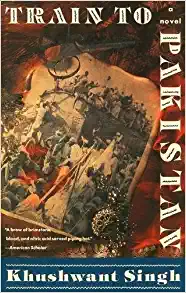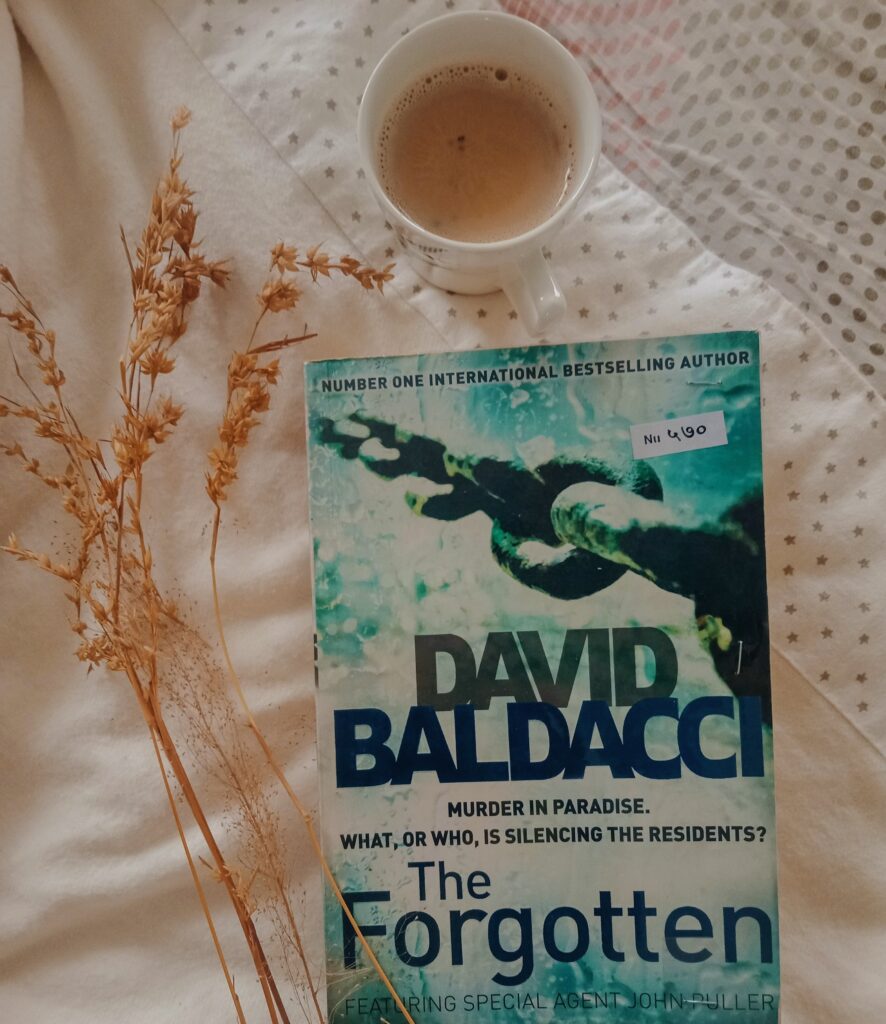Train to Pakistan is a heartwarming and devastating book showcasing the hard truth behind the partition. Showcasing the facts are always necessary. So, here we bring a spoiler-free book review of Train to Pakistan.
About Train to Pakistan

Title: Train to Pakistan
Author: Khushwant Singh
Genre: Historical Fiction
Publisher: Penguin Books
Type: Standalone
Pages: 190
Goodreads rating: 3.9/5
This story is set in the fictional village of Mano Majra in the summer of 1947. The book follows the story of the village inhabitants through the independence and the partition. The failure of the magistrate and the police to maintain the village’s peace turned battleground, and through the drastic measure it was maintained, is something to know about.
Book Review of Train to Pakistan
If you’ve always envisioned India’s history as a celebration of colors and culture, Train to Pakistan will make you reconsider, revealing a dark, gritty reality that lurks behind. Set during the partition of 1947, this period marked India’s independence. However, it also unleashed one of the most painful eras of violence and division
Now, Khushwant Singh—legendary author, by the way—wrote Train to Pakistan, and calling it “gut-wrenching” doesn’t even do it justice. This book hits you in a place you didn’t even know existed.
Khushwant Singh, Train To Pakistan
“The fact is both sides killed, both shot and stabbed and speared and clubbed. Both tortured. Both raped”
Honestly, writing a review for it is tough because it’s a story that’s all too real. And you’re left with these haunting questions, like, “Who’s to blame for the partition?” or “Can anyone be blamed for the destruction that followed?”
So, here’s how it starts. The story kicks off in this little fictional village called Mano Majra, sitting right on the India-Pakistan border. Life’s pretty idyllic there—people live together peacefully, not caring much about the lines drawn on maps. Yet, as soon as the political chaos of partition invades, life changes in an instant.
When I first picked up this book, I had never even heard of “Ghost Trains.” Ever heard of them? It is a disconcerting and gruesome concept of trains full of dead bodies suddenly crossing the border. The horrifying scene as the first train stops at the station and the details of the condition inside the train are hair-raising. Furthermore, Singh’s description of bodies floating in the Sutlej River is nothing short of bone-chilling. Reading about such unnatural horrors made a shiver creep down my spine.
As word of the train spreads, the village flips into a state of panic. Neighbours start doubting neighbours. The Sikhs worry the Muslims will ally with the Pakistani forces. The Muslims fear for their safety and the homes they might lose. Tensions skyrocket. Soon enough, Muslims are forced to leave. However, their departure doesn’t simply impact them; the pain and disruption ripple through the entire village, showing that partition affects everyone, directly or indirectly.
” Not forever does the bulbul sing
Khushwant Singh
In balmy shades of bowers,
Not forever lasts the spring
Nor ever blossom flowers.
Not forever reigneth joy,
Sets the sun on days of bliss,
Friendships not forever lasts,
They know not life, who know not this.”
The book is seriously gripping. I was on edge, page after page, wondering what would happen next. Although it’s fiction, it gives you an eerily realistic look at what life was like in India at the time.
As the novel progresses, Singh’s ability to portray humanity in all its complexity is unmatched. Each character feels so authentic, reflecting real flaws, fears, and hopes. There’s Juggut Singh, the village “bad boy,” the conflicted magistrate Hukum Chand, and Iqbal Singh, an educated reformer who steps into Mano Majra hoping to make a difference. By the end of their journeys, you start seeing the resilience in them, and you’re left thinking that maybe redemption is possible, even in the darkest times.
Train to Pakistan is, hands down, one of the best books I’ve read by an Indian author. It is an intense, thought-provoking read that goes beyond the typical history book. It’s an exceptional novel on the whole that everyone should read to gain a deeper understanding of India’s independence and partition. The narrative, characters, and Singh’s masterful storytelling leave a lasting impact.
Conclusion
Rating: 4/5
Recommendation: Absolutely, Yes!!
I’m not kidding—I love this book and recommend it to anyone interested in India’s independence history or who wants a real, close-up look at the emotions and tensions of partition. Singh’s storytelling, his style, the pacing—it’s all just spot-on. Here’s hoping it becomes a favorite for you too, just like it did for me.
About The Author:

Khushwant Singh, born on 2 February 1915 in Hadali, Undivided India (now a part of Pakistan), was a prominent Indian novelist and journalist. Singh’s weekly column, “With Malice towards One and All,” carried by several Indian newspapers, was among the most widely-read columns in the country.
Link to Buy Train To Pakistan:
Articles you might also like:
- Top 10 Books to Read Before You Die
- 5 Must-Read Self-Help Books (Be Your Better Self)
- 10 Best Mystery Fiction Recommendations
- List of Best Indian Mythology Books
Videos you might also like:
- 7 Best Fiction Books for Beginners | Short and Easy Language
- 10 Must-Read Fiction Books of All Time | Awesome Reads
Disclosure: All our recommendations are honest; most importantly, some links in this post are affiliate links (i.e.) we may receive a commission if you click a link and purchase something we recommend.
Are you an author or a publisher? If yes, then you must check our services for promotions and marketing. They will undoubtedly benefit you.
Contact Us:
Email: [email protected]
WhatsApp: WhatsApp Us
Instagram: @fav_bookshelf
Let’s make your book shine!
Have a nice day ahead.🙂

